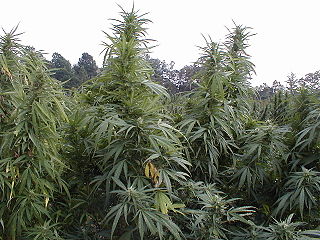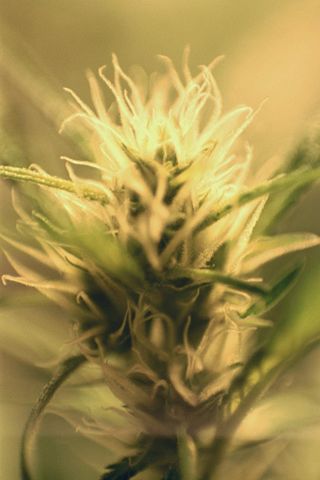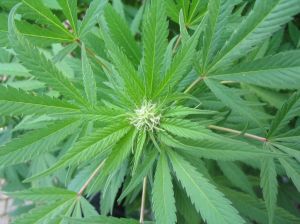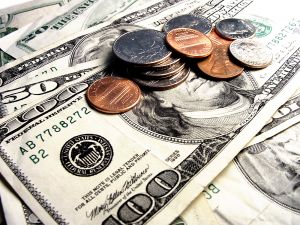Federal Judge Weighs in on Federal Marijuana Drug Classification
A 1970 federal law classified marijuana as a drug akin in seriousness to LSD and heroin. As such, criminal penalties for possession and sale have been extremely harsh. The move has long been criticized and is becoming even more problematic as states legalize marijuana for medicinal and recreational use.
One federal judge in Northern California has decided to rule on the whether the classification is constitutional, a decidedly extraordinary and rare move, especially as marijuana rights advocates have pressed Congress to change the classification for decades.
A five-day hearing was held in late 2014 and a judge is expected to hear final arguments in February. A ruling is expected later in 2015.

The Sacramento case is noteworthy, as it is the first time a judge has agreed to hold a fact-finding hearing on the classification of marijuana as a Schedule I narcotic. According to the L.A. Times, the criminal defendants have argued the law is a violation of the Constitutional guarantee of equal protection of states under the law.
Continue reading
 Cannabis Law Group's Medical Marijuana Legal Blog
Cannabis Law Group's Medical Marijuana Legal Blog












